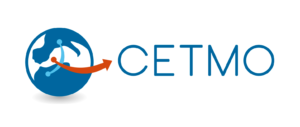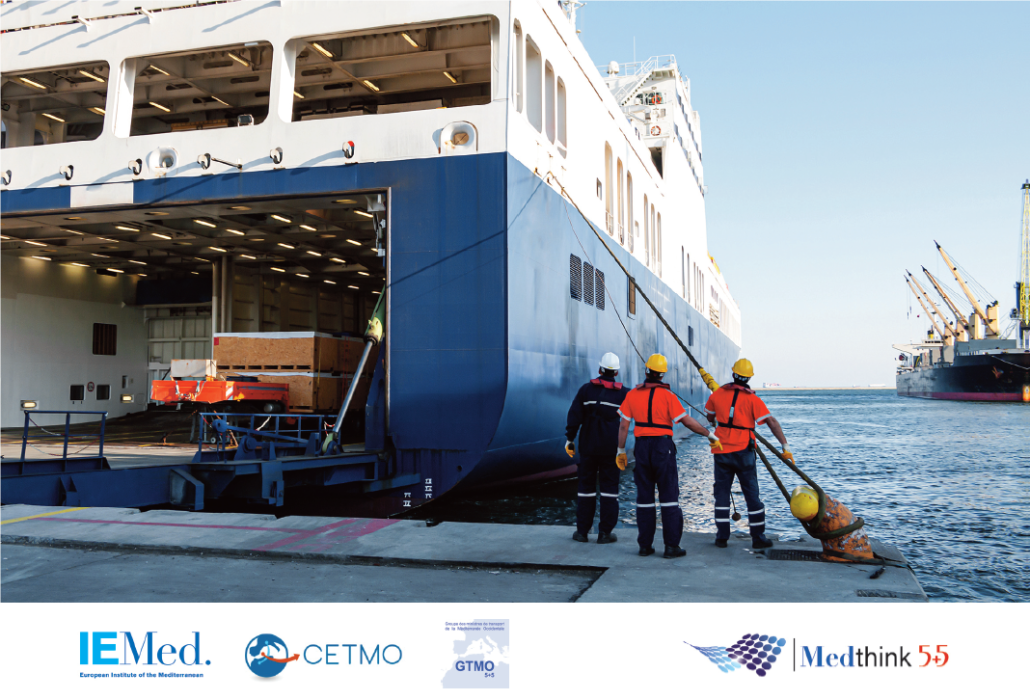IEMed and CETMO launch a new policy study on trade, maritime transport and sustainability in the Western Mediterranean
- The publication is entitled: «Towards Enhanced Connectivity and Sustainability in the Mediterranean Transport and Logistics Sector. Trends in Trade, Maritime Transport, and Sustainability»
- The content of this document is based on a series of reflections on current issues and events in transport development in the Western Mediterranean carried out over 2022
The Centre for Transportation Studies for the Western Mediterranean (CETMO) and the European Institute of the Mediterranean (IEMed) have published a Policy Study entitled “Towards Enhanced Connectivity and Sustainability in the Mediterranean Transport and Logistics Sector” in the framework of the MedThink 5+5 Network of Western Mediterranean think tanks and within the work plan of the Group of Transport Ministers of the Western Mediterranean (GTMO 5+5).
This Policy Study is built upon previous jointly initiatives between IEMed and CETMO to aim at discussing the future of transport and logistics through multisectoral and multidisciplinary lenses in the Western Mediterranean. In this sense, both institutions have called upon experts from different countries of the Euro-Mediterranean region and different professional backgrounds to contribute to shed light on current trends and challenges in the Transport and Logistics Sector in the Western Mediterranean, through the submission of articles.
The articles shared reflect on how the transport and logistics sector has been hit by the consequences of the Covid-19 pandemic and is now facing many uncertainties and disruptions, notably regarding supply chains. They also discuss how the sector must also adapt to the imperatives of environmental and social sustainability that determine the present and the future of its competitiveness while searching greater resilience.
Despite an uncertain context, opportunities arise to strengthen connectivity between southern Europe and northern Africa. The regional integration process in Africa is an example, with the establishment of the African Continental Free Trade Area (AfCFTA) and could benefit not only intra-continental but also trans-continental connectivity. Thus, the publication will review opportunities to strengthen connectivity in the Western Mediterranean through transport and logistics to achieve greater regional integration.
Contributors to this publication include: Enric Ticó, president at FETEIA-OLTRA; Ghazi Ben Ahmed, president and founder of Mediterranean Development Initiative; Paul Tourret, director of Institute of Maritime Economics ISEMAR; Maite Román and Jordi Torrent, head of international organisations and head of strategy respectively at Port of Barcelona; Gabino González, head of office at the Regional Marine Pollution Emergency Response Centre for the Mediterranean Sea (REMPEC); and Mustapha El Khayat, president of the Moroccan Association for Logistics AMLOG.


